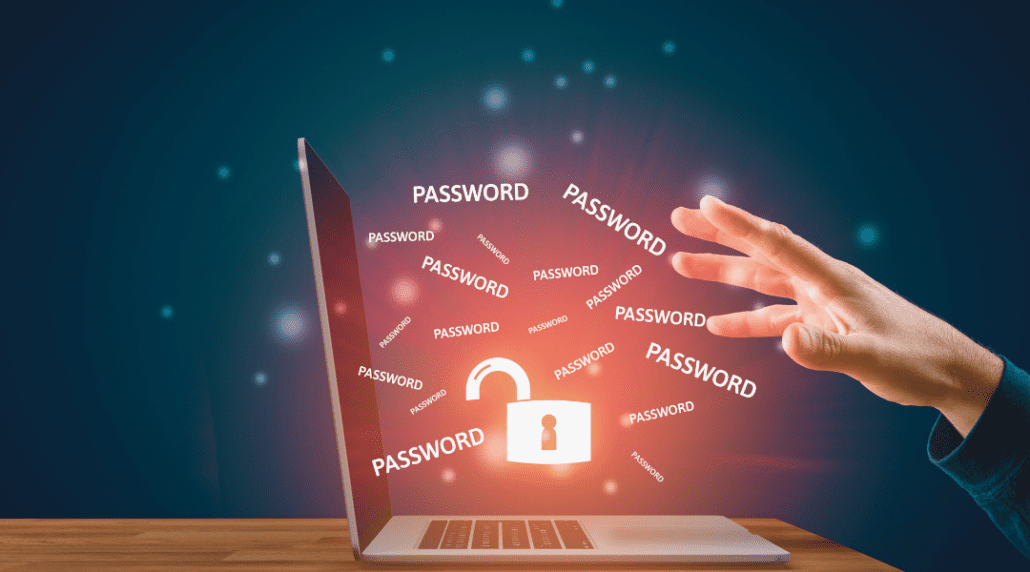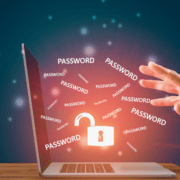Cybersecurity Best Practices for Small Law Firms

When it comes to protecting confidential client data, small law firms need to take cybersecurity seriously. As cyber threats become more sophisticated and advanced, small law firms must take proactive steps to protect their data from malicious actors. In this blog, we’ll discuss the best practices for implementing cybersecurity measures in small law firms.
Understanding the Cybersecurity Landscape
Before you can implement effective cybersecurity measures, it’s important to understand the current landscape of cyber threats. There are four main types of cyber threats, often referred to as the “Big Four”: malicious software (malware), ransomware, phishing attacks, and social engineering.
Malware is malicious software that can be installed on your devices or networks without your knowledge. Ransomware is malware that encrypts data and demands a ransom in exchange for the decryption key. Phishing attacks involve sending emails or texts that appear to be from a legitimate source but are actually malicious in nature. Social engineering is a type of attack where attackers gain access to confidential data by manipulating users into providing the information.
Best Practices for Cybersecurity
Now that you have an understanding of the current cybersecurity landscape, it’s time to discuss the best practices for protecting your small law firm from cyber threats. Here are a few tips to keep in mind:
1. Use Strong Passwords
Passwords are the first line of defense against cyber threats. Make sure to use strong, unique passwords for all of your firm’s accounts and regularly change them to prevent unauthorized access.
2. Enable Multi-Factor Authentication
Multi-factor authentication (MFA) is an important security measure that requires users to provide additional information, such as a one-time code, in order to log in to an account. MFA helps to protect against phishing attacks and other unauthorized access attempts.
3. Monitor Network Activity
Regularly monitor your law firm’s network activity for suspicious activity, such as unusual login attempts or data transfers. If you notice any unusual activity, take immediate action to investigate and address the issue.
4. Educate Employees
Lastly, make sure to educate your employees on the importance of cybersecurity and best practices for keeping your data secure. This includes training on how to recognize phishing emails, what to do if they suspect a security breach, and how to protect confidential data.
By following these best practices, you can help ensure the safety of your small law firm from cyber threats. Implementing these measures is essential for protecting confidential client data, so make sure to take the time to review your current security protocols and make any necessary changes.
At Contract Counselors, we understand the importance of cybersecurity best practices for small law firms. Contact us today to learn more about our services and how we can help your firm.
Interested in learning more? Book a Call with a member of the Contract Counselors team today. Read our recent post on 5 Essential Legal Research Tools Every Solo Practitioner Should Know. Check out our other blog posts here.




